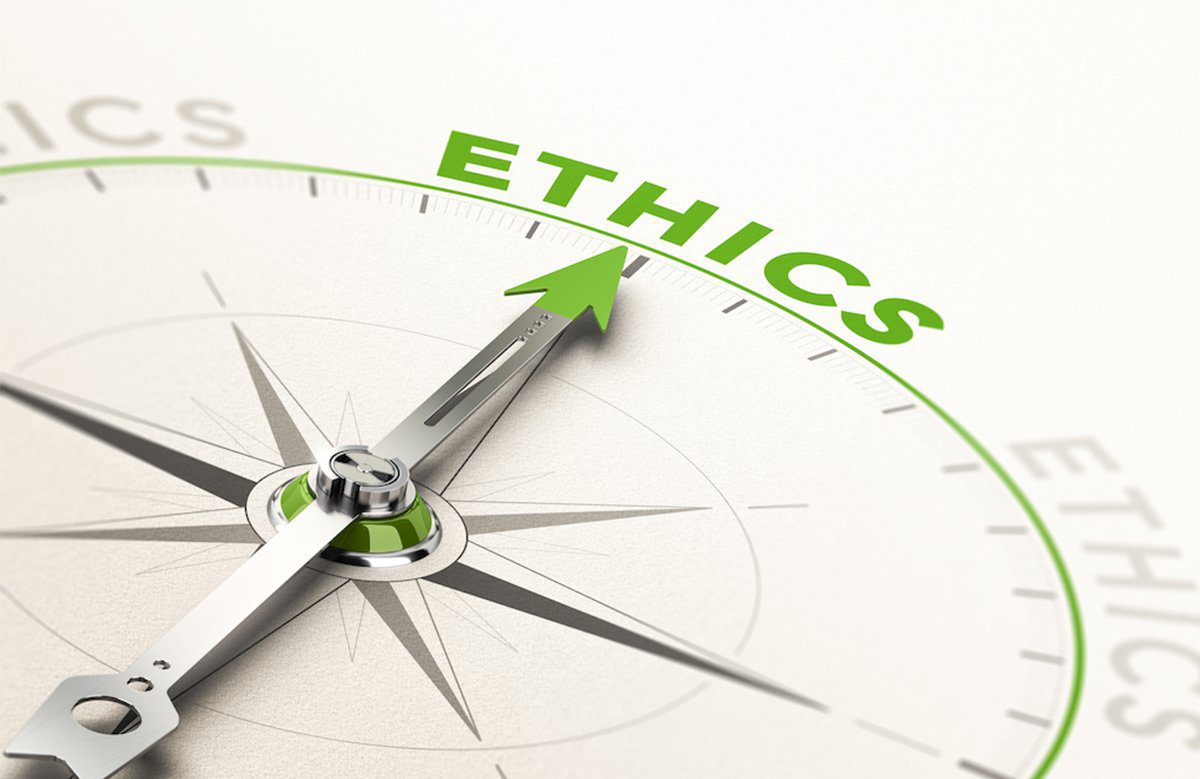Cases
CASE STATUS:
CLS ROLE:
STATE:
DECIDING COURT:
CASE DESCRIPTION:
In August 2017, the Center filed an amicus brief urging the United States Supreme Court to hear the appeal of Judge Ruth Neely, who was censured by the Wyoming Supreme Court because her religious beliefs do not allow her to perform same-sex wedding ceremonies. With its ruling, the Wyoming Supreme Court effectively creates a religious test for persons seeking to hold the office of magistrate. Its ruling sends a chilling message to attorneys and law students that they should not aspire to hold judicial office if their religious conscience prohibits them from performing a same-sex wedding ceremony.
Judge Neely held two judicial positions, as a municipal judge not authorized to solemnize weddings and as a part-time circuit court magistrate authorized to perform wedding ceremonies for couples who independently contacted and paid her. Wyoming magistrates may decline to perform a wedding for personal reasons, no matter how trivial.
After same-sex marriage became legal in Wyoming, a local newspaper reporter asked Judge Neely whether she was “excited” about performing same-sex weddings. Judge Neely responded that her religious beliefs would not allow her to perform a same-sex wedding ceremony, but that other magistrates were willing to do so.
The record shows that no same-sex couple had requested Judge Neely to perform a wedding ceremony, and that she was willing to refer any request to other magistrates willing to perform same-sex weddings. Nonetheless, the Wyoming Commission on Judicial Conduct and Ethics brought disciplinary charges against Judge Neely and, after a hearing, recommended her removal from both judicial positions.
On appeal, by a 3-2 vote, the Wyoming Supreme Court upheld disciplining Judge Neely, although it reduced her punishment to a “public censure.” She was ordered not to perform any wedding ceremonies unless she also performed same-sex wedding ceremonies. Judge Neely was censured because she publicly stated that her religious beliefs would not allow her to perform a same-sex wedding ceremony.
The Wyoming Supreme Court’s ruling lets attorneys and law students know that they should not aspire to hold judicial office if their religious conscience prohibits them from performing a same-sex wedding ceremony. Its ruling disqualifies citizens who faithfully hold the religious beliefs of the Lutheran Church—Missouri Synod to which Judge Neely belongs, as well as other Wyoming citizens, including those who are faithful to the religious teachings of the Catholic, Orthodox Jewish, Southern Baptist, Mormon, Evangelical Christian, and Muslim faiths. At least half of Wyoming citizens identify as belonging to faiths that hold the traditional religious belief that marriage may occur only between a man and a woman.
The Wyoming Supreme Court effectively creates a religious test for persons seeking to hold the office of magistrate. But the Founders prohibited a religious test for federal office in Article VI, clause 3, of the 1787 Constitution, and many states now include religious-test prohibitions in their state constitutions. Through the Religion Clauses of the First Amendment, the United State Supreme Court has prohibited states from requiring religious tests for public officeholders.
Requiring a judge to perform a same-sex wedding ceremony also violates the Religion Clauses because coerced participation in a religious ceremony represents a quintessential religious freedom violation. The free exercise violation is compounded here because Wyoming allows magistrates to refuse to perform a wedding ceremony for various secular reasons but punishes magistrates who cannot perform a wedding ceremony for reasons of religious conscience.
Judges should not be disqualified from public office because their faith prohibits them from performing same-sex wedding ceremonies. The routine mechanism of recusal serves any legitimate state interest that exists. This is particularly true given that performing wedding ceremonies is not a core judicial function. Withholding an accommodation will result in the disqualification of broad swaths of citizens from judicial office based on their religious beliefs.
Any whiff of a religious test is cause for alarm. Tests targeting religious dissenters for exclusion from public office represent a regressive embrace of religious intolerance. The Wyoming Supreme Court decision resuscitates a practice that the Founders long ago set on the road to well-deserved extinction.
















































